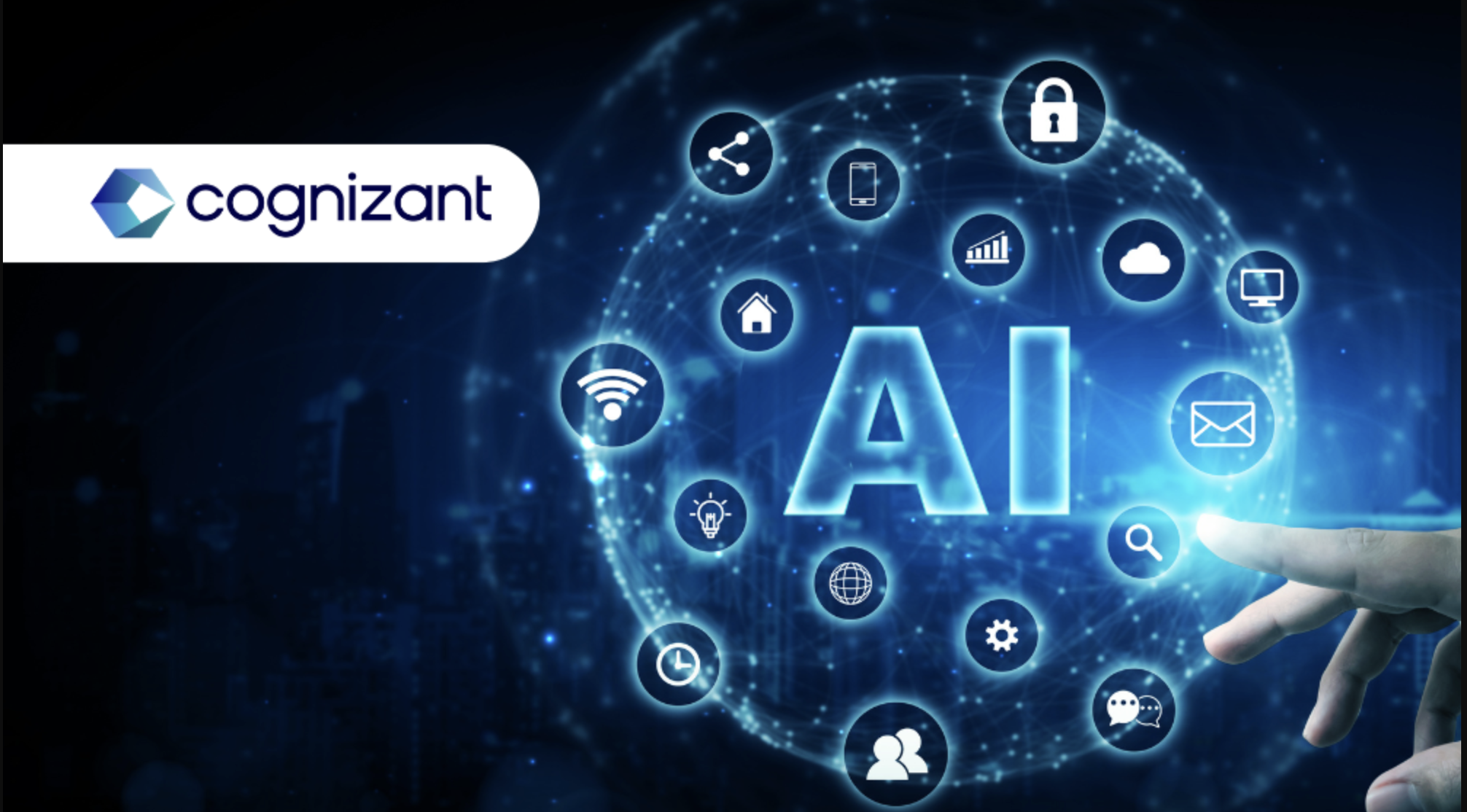At the 29th annual general meeting of Tata Consultancy Services (TCS), chairman N Chandrasekaran addressed the significant impact of artificial intelligence (AI) and generative AI (GenAI) on the job market. He highlighted the dual nature of AI’s influence, encompassing both job creation and job losses across various sectors.

Job Losses and Productivity Gains
Chandrasekaran acknowledged that automation driven by AI and GenAI will lead to job losses in certain sectors. He stated, “In certain areas, AI and GenAI will automate stuff that will result in higher productivity and job losses.” This transformation is expected to enhance productivity but also displace jobs in sectors undergoing significant automation.
Job Creation and Reskilling
Despite the anticipated job losses, Chandrasekaran emphasized that AI will also create new opportunities. He noted that AI advancements would necessitate additional capabilities, particularly in areas such as data management. “In some other cases, AI will require a lot more capability and a lot more jobs will be created in certain areas like data management,” he explained.
To mitigate the impact of automation on employment, Chandrasekaran advocated for reskilling and preparing the workforce to embrace these changes. “It’s a mixed bag and we have to actively embrace it to reskill people and prepare them to embrace the change,” he said. This approach aims to equip employees with the skills needed to thrive in an AI-driven landscape.
Industry-Wide Impact
Chandrasekaran pointed out that GenAI will influence every industry, affecting both consumer and business-to-business (B2B) sectors. However, the consumer industry is expected to feel the effects more acutely as AI enhances personalization and user experience in fields such as financial services, healthcare, insurance, and retail.
Tata Group’s AI Initiatives
The Tata Group is actively involved in AI development, with at least 100 generative AI projects currently in progress. This commitment reflects the company’s recognition of AI’s transformative potential and its proactive approach to leveraging AI for innovation and efficiency.
Broader Implications of AI Adoption
The adoption of AI is not limited to large corporations like TCS. Indian startups have also embraced AI, leading to job losses across various verticals. For instance, Paytm recently laid off hundreds of employees due to increased AI-led automation. Similarly, InMobi’s AI-first approach resulted in the retrenchment of 125 employees, approximately 5% of its workforce.
Conclusion
The AI revolution is reshaping the job market, with both positive and negative implications for employment. While AI and GenAI will drive productivity and create new job opportunities, they will also lead to job displacement in certain sectors. Reskilling and proactive adaptation are essential to navigating this transition successfully.












